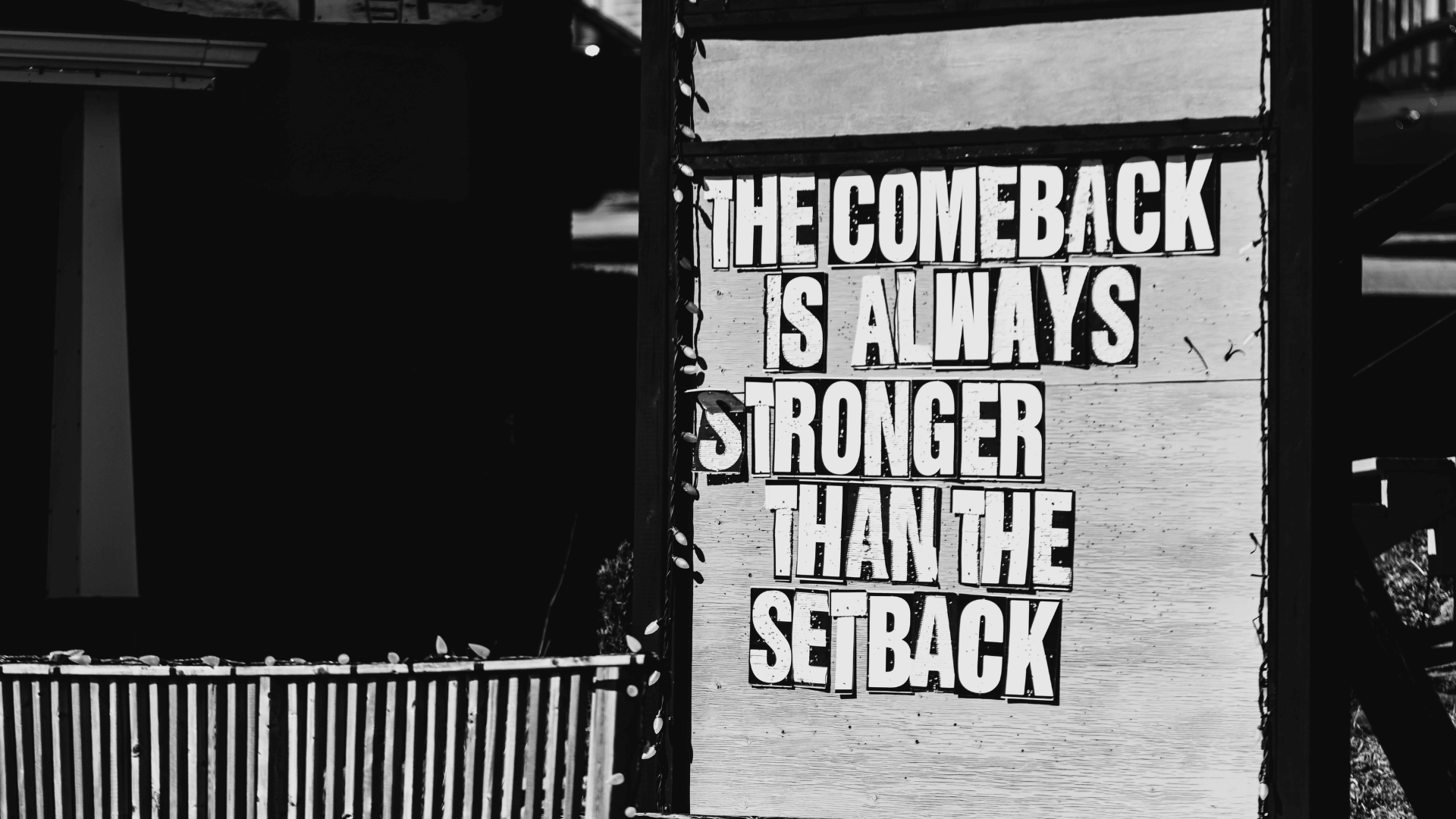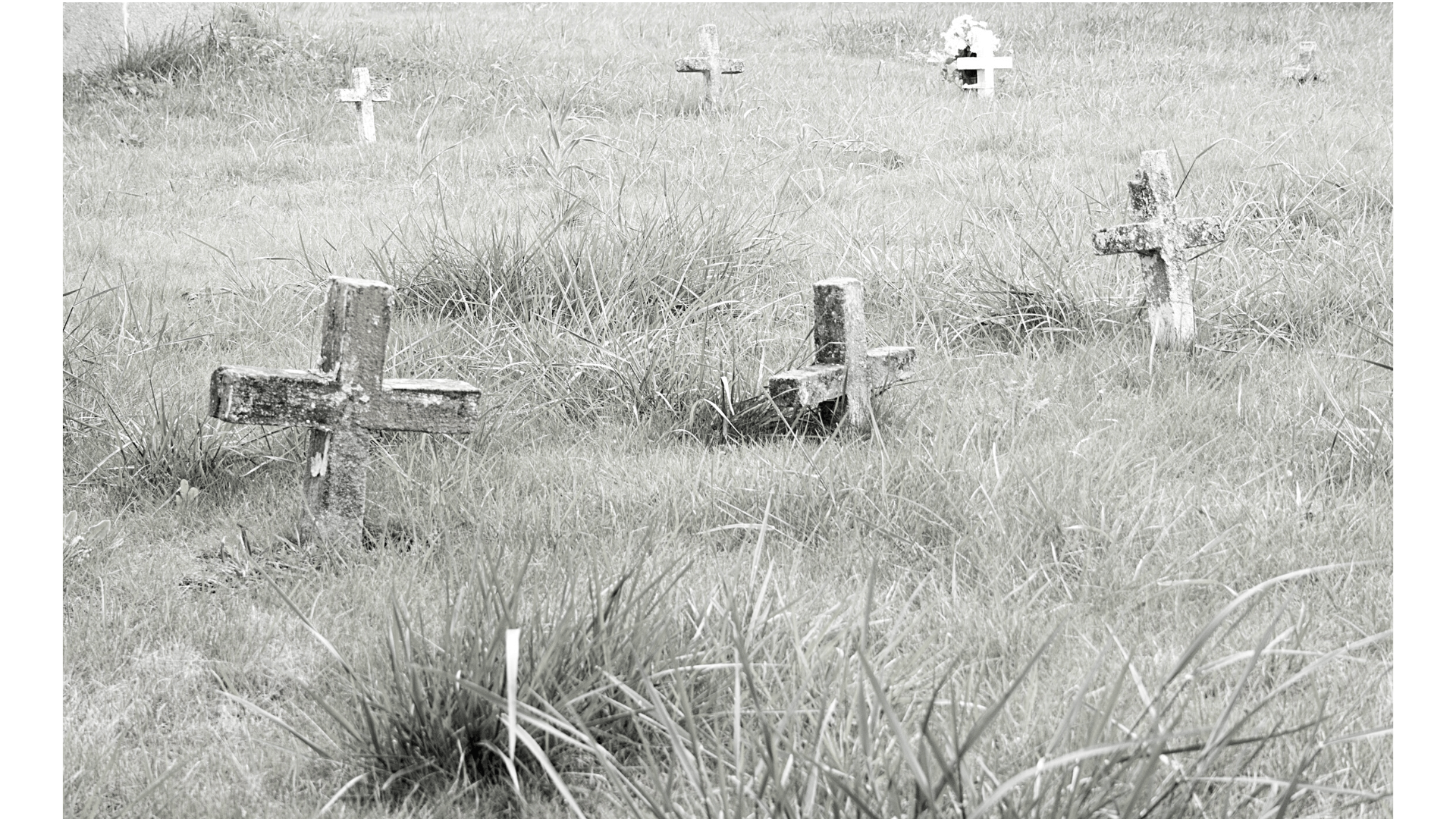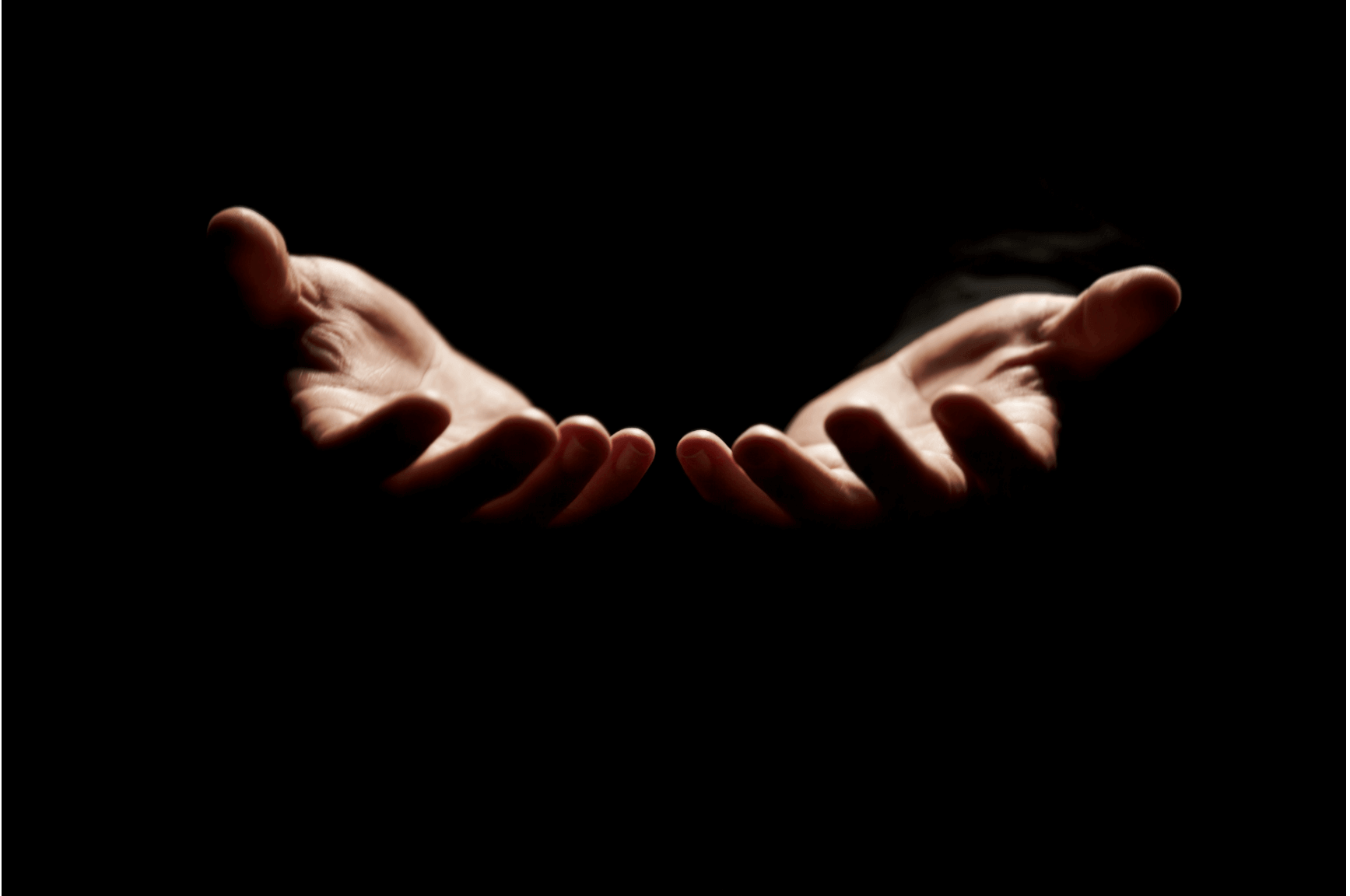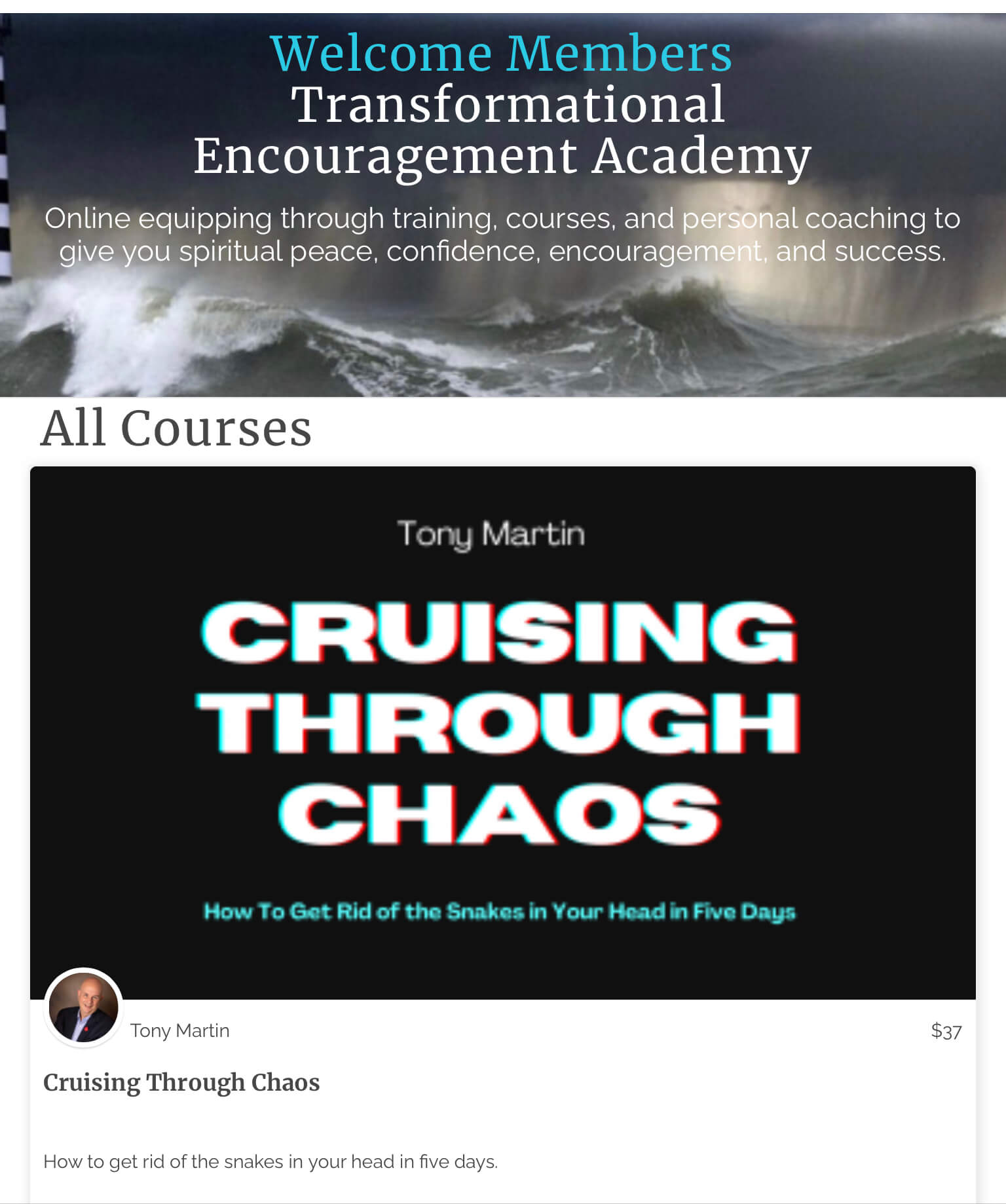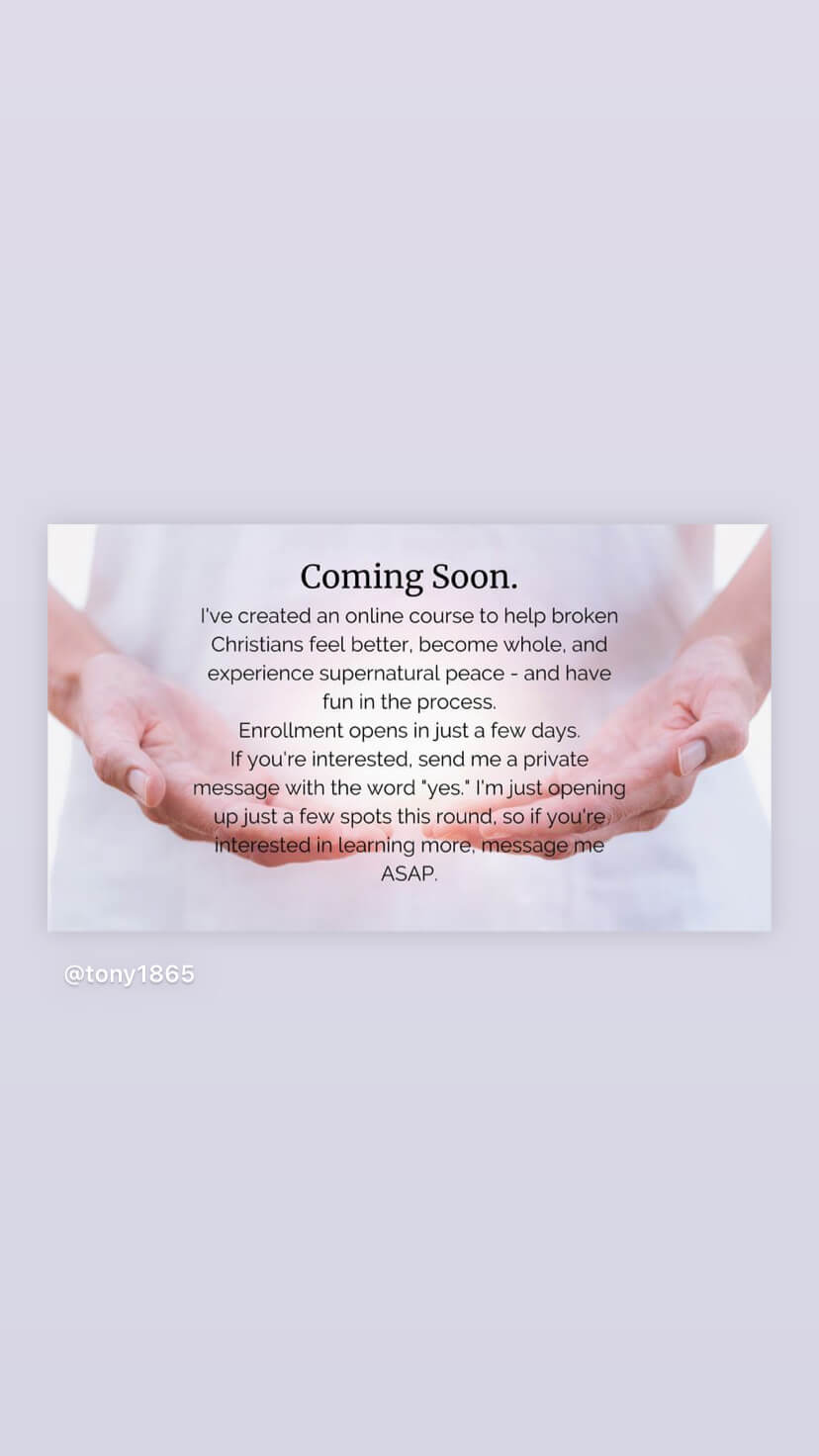Be rational. Be reasonable. Fear not.
Some of you folks might remember the Y2K frenzy and all the hysteria that came with it. The world was on the edge of its seat, prepping for a technological apocalypse. Churches held seminars, and many of my friends filled their garages with enough emergency supplies to last a lifetime.
In the midst of that chaos, I found myself trying hard not to be disrespectful to their concerns, yet I couldn’t help but feel skeptical. My skepticism wasn’t born out of a claim to superior knowledge or insight. Rather, the situation simply didn’t make reasonable sense to me. Between the conflicting “expert” opinions (and there were plenty of folks who made beaucoup money peddling books, supplies, etc. – follow the money, right?) and the smell test it failed, I found myself turning not to the ATM for extra cash, but to scripture for reassurance. Isaiah 41:10 reminds us, “Fear not, for I am with you; be not dismayed, for I am your God; I will strengthen you, I will help you, I will uphold you with my righteous right hand.”
A friend of mine was particularly invested, planning to stay up all night on December 31, 1999, to track the anticipated chaos via shortwave radio. Yet, as the clock struck midnight, the world remained unchanged. The anticipated global shutdown was nowhere to be seen.
I called later on the morning of January 1, 2000, just to see how he was doing.
“We haven’t heard anything from the Philippines,” he said. “That’s sort of concerning.”
As I recall, the Philippines managed just fine.
This was a stark reminder that amidst the noise and fear, God’s peace transcends all understanding, guarding our hearts and minds in Christ Jesus, as Philippians 4:7 assures us.
This memory resurfaces today as I see ads for survival kits cluttering my Facebook feed, promising safety in the face of unspecified threats. It reminds me of the fallout shelter building boom during the very real tensions of the era – as time goes by, we’re aware of just what a legitimate threat the Cuban Missile Crisis was. Yet, as Christians, we are called to live not in fear but in faith. Proverbs 3:21-23 encourages us to keep sound wisdom and discretion always before us, guiding us to respond to fear not with panic but with prudence and discernment.
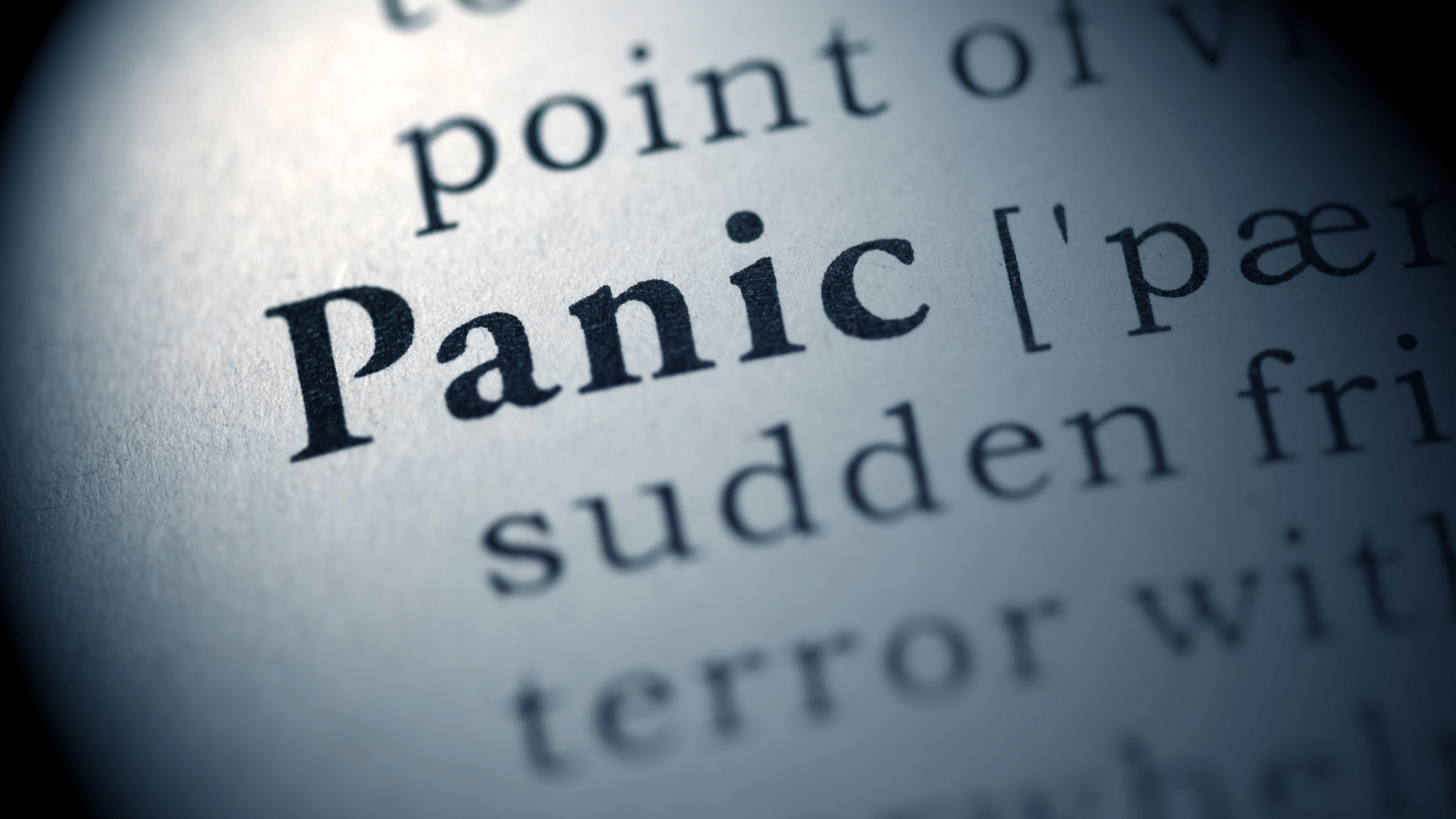
So, why share these reflections on a serene morning? It’s a gentle reminder that, as believers, we’re called to a different standard. Our trust in God’s sovereignty means we approach life’s uncertainties not with fear but with faith. We are stewards of God’s creation, called to care for our neighbors and ourselves with wisdom and love, echoing Luke 12:33-34’s call to focus on treasures in heaven, not on earth.
Living in fear is easy in a world that often seems designed to scare us. But as followers of Christ, we are reminded that “Are not two sparrows sold for a penny? And not one of them will fall to the ground apart from your Father.” (Matthew 10:29). God’s got this. All of it. Our role is to live out our faith boldly, trusting in His plan, and to spread peace rather than panic.
Let’s be lights in the darkness, voices of reason and hope in a world often gripped by fear. Let’s choose to live not in the shadow of what might happen but in the light of what we know to be true: God is in control, and His love and protection encompass us every day.
